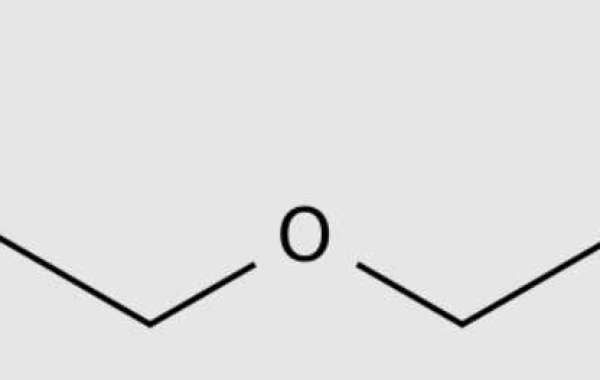Why is ethyl acetate (ethyl acetate sds) a good solvent for extraction?
Ethyl acetate is a common solvent used in extraction processes because it has many desirable properties.
One of the main reasons ethyl acetate is a good solvent is that it has a relatively low boiling point. This means that it can be easily removed from the mixture by evaporation, making the extracted compound easy to purify. Ethyl acetate also has a relatively low toxicity and is classified as a mild irritant, which makes it safer than many other solvents commonly used in extraction.
In addition to its low boiling point and low toxicity, ethyl acetate is a relatively polar solvent, meaning it can dissolve a wide range of polar compounds. This makes it a universal choice for extracting a variety of compounds from a variety of substrates.
Another property that makes ethyl acetate a good extraction solvent is that it is highly selective. This means that it can efficiently extract a specific compound or group of compounds from the mixture while leaving others behind. This is because ethyl acetate has the ability to form hydrogen bonds with certain functional groups such as carboxylic and hydroxyl groups. In addition, the polarity of ethyl acetate also allows it to interact with polar compounds. This is useful in cases where the mixture contains several different compounds and one or more of these compounds need to be selectively extracted.
In addition, ethyl acetate can dissolve lipophilic and hydrophilic compounds, making it useful for extracting compounds from organic and aqueous substrates. This makes it a useful solvent for extracting compounds from a variety of sources, such as plant materials, animal tissues, and microorganisms.
Ethyl acetate is also relatively inexpensive compared to other solvents, making it an economic choice for many extraction processes. In addition, it can be easily purified and recycled, which can further reduce costs.
In conclusion, ethyl acetate is a good extraction solvent because it has a low boiling point, low toxicity, high polarity, selectivity, ability to dissolve lipophilic and hydrophilic compounds, is relatively cheap, and can be recycled. These properties make it a versatile and efficient choice for extracting compounds from a wide variety of substrates, from plant and animal materials to microorganisms.








